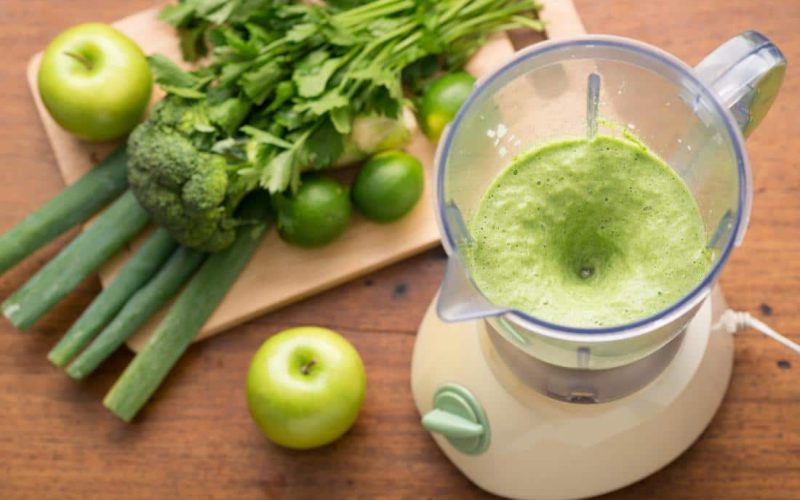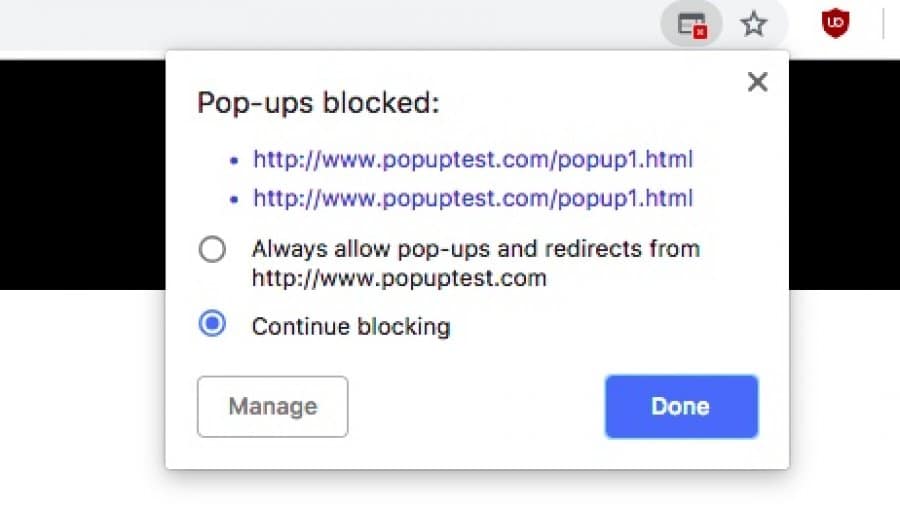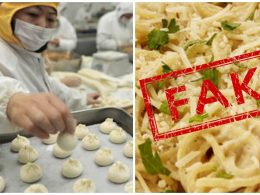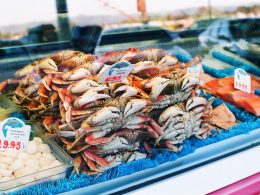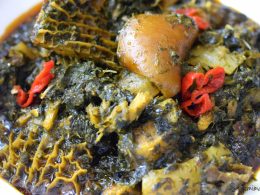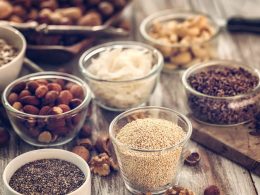The gallbladder diet is the diet fashioned to improved the function and health of the gallbladder. The gallbladder is the small organ that’s located just below the liver.
It helps to store bile that is produced by the liver, and then releases it into the body’s digestive system (small intestine) to aid in food digestion.
The gallbladder is one of the most sensitive organs in the body that requires some attention, and one way of doing that, is to maintain a healthy diet that is nutrient packed to keep it in perfect shape.
There are some foods Mother Nature blessed is with that can help us a healthy gallbladder. However, there are also some foods that may do the opposite by causing inflammation or even gallstones.
You can put the health of your gallbladder at risk if you maintain an unhealthy diet. It could get so bad that removing the gallbladder might be the only option. We don’t want that now do we?
This is why a gallbladder diet is essential in helping us maintain a healthy gallbladder.
Foods that can help with the health of your gallbladder
Some foods can be incorporated into your gallbladder diet to help improve the health of this delicate organ and they are;
- Citrus fruits
- Milk
- Tomatoes
- Bell peppers
- Sardines
- Leafy, dark greens
- Nuts
- Lentils
- Beans
- Tofu
- Fish and shellfish
- Vegetables
- Tempeh
- Low-fat dairy
The best way to improve and maintain a healthy gallbladder is to consume a properly balanced diet of not only fruits, but vegetables also.
The above listed foods are either packed with vitamin B and C, and calcium. Nutrient necessary for the improvement of your gallbladder.
Studies shows that consuming more plant-based protein could aid in the prevention of gallbladder diseases.
Your gallbladder diet should comprise of beans, lentils, nuts, and tempeh. You may have to meet with your dietician if you are allergic to soy to discuss other favorable alternatives.
Foods that can affect the health of your gallbladder
It is important to note that while some foods help to keep your bile storage room healthy, other foods can worsen it if included in your gallbladder diet, and some of them include;
- Processed foods
- Highly fatty foods
- Vegetable oil
- Refined white foods
- Peanut oil
Certain foods should be completely excluded from your gallbladder diet, and some major problematic foods are processed foods and foods rich in fat.
Breaking down foods that fried or greased in oils like peanut and vegetable oil can be difficult, and this can pose a problem for your gallbladder.
Trans fats, and refined white foods like breads, white pastas, and sugar should be far from your gallbladder diet. Also, you can equally optimize the health of your gallbladder by avoiding other harmful products like tobacco and alcohol.
Gallbladder diet after a surgery
If a gallbladder removal is required, there are events that loose stool and diarrhea might be experienced, especially few weeks after a surgery has been performed. This is as a result of continuous bile release in the intestine.
It can be helpful to avoid the following foods, to minimize some side effects;
- Full-fat dairy
- Greasy, processed, or fried foods
- Cream gravies or sauces
- Foods that have more than 3g of fat
You can instead eat foods rich in fiber, and minimize your intake of fat. You can also maintain foods with less than 3g of fat with each servings.
Steadily maximize your intake of fiber like oats. Smaller meals can also be taken more frequently.
Causes of gallbladder issues
There are two recognized types of gallbladder complications;
Cholestasis also referred to as gallstone, and cholecystitis, which is the inflammation of the gallbladder.
Some people with cholestasis experience no symptoms. However, in cases where people do, some of the gallstones symptoms include;
- Loss of appetite
- Vomiting
- Nausea
- Colored urine
- Lightly colored stools
- Not so severe fever
- Pain on the upper part of the abdomen
- In other cases, jaundice
If gallstones are large enough, they can be considerably painful and can even block ducts leading out of the gallbladder. If not immediately looked into, it can become life-threatening. This is where the removal of the gallbladder becomes an option.
It is easier for women to develop gallstones compared to men. It is even more prevalent in pregnant women, women who use hormonal birth control pills, and women using hormone replacement therapy.
Other risk factors of gallbladder include;
- Lactose intolerance
- Excess weight
- Speedy weight loss followed by rapid weight gain
- Diets rich in calories and refined carbohydrates but low in fiber
- Ignoring food allergies such as celiac disease
- History of gallbladder complications
Conclusions
Complications with gallbladder can be painful and, dangerous in some cases. Following a healthy gallbladder diet by eating the right foods and staying away from the wrong ones guarantees you a healthy gallbladder.
And as you’d guess, a healthy gallbladder promises an overall healthy body. Have you had to see a doctor concerning your gallbladder?
What foods do you eat to improve the health of your gallbladder? Do you suppose a gallbladder diet is necessary? Share your thoughts with us in the comments below.



